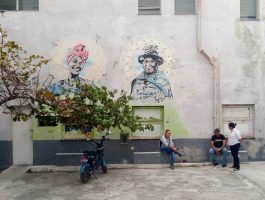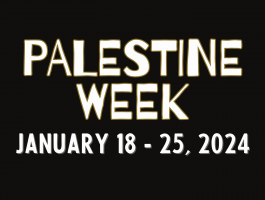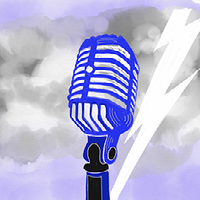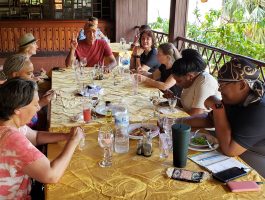Halfway through reading “Never Stop”, it becomes apparent the title of Simba Sana’s new memoir is a clever double entendre that can be interpreted as:
1) Never Stop in your pursuit of the best life for you.
2) Never Stop keeping busy, lest you realize that you aren’t living your best life, regardless of any veneer of material and intellectual success.
As an athlete, activist, and entrepreneur, Sana has lived a life ripe for the telling, and he melds these elements of his life into a complete picture with finesse. As a memoirist, Sana displays an innate understanding of how no aspect of life happens in isolation. This understanding, coupled with the author’s observant nature, and ability to organize his observations, makes “Never Stop” a fully realized inventory of a life that never tries to force its narrative, and instead functions as a casual yet precise oral history of the self.
Attention to detail can make or break a memoir, and Sana lays out all the details, even the unpleasant ones, with honest clarity. Every small encounter and detail of the memoir creates a kind of sustained momentum. When the author writes about particular songs he heard or books he read, it isn’t merely to convey his interests, but rather to demonstrate just how much these things influenced his life at a particular moment, and evidences this impact in subsequent pages. Diary entries are interspersed throughout, including one notably powerful entry documenting the death of a family member, and Sana’s emotional response witnessing the death, in real time.
Particularly notable is the author’s ability to fully conjure his childhood experiences on the streets of Washington, D.C. in the 1980s. Everytime Sana recalls an experience, it isn’t just an anecdote, but a visceral life experience transmitted to the reader. When Sana later writes that a person from such experience died in some terrible and untimely way, it isn’t a footnote for historical purposes, but news delivered to the reader about a shared acquaintance.
From there, Sana details attending Mount St. Mary’s University, where a professor introduced him to the writings of Eldridge Cleaver. Sana continues to chronicle his journey pursuing a masters degree in African Studies at Howard University, and his activist work with the African Development Organization (ADO). He quits his day job and begins selling books at a mall kiosk with poet and fellow ADO member Yao. This venture expanded to Karibu Books, which grew to become the largest black-owned bookstore company in the United States. Amidst the success of Karibu Books, Simba Sana married, had children, and worked as a boxing manager.
The candid and conversational style of “Never Stop” only ever falters slightly in the section on love, in which the author’s musings on male sexuality veers into territory halfway between masculine bravado and therapy session confessional. Still, Sana’s conclusions about the nature of love are insightful and worth the haphazard journey to reach them.
Ultimately, “Never Stop” functions as a shadowboxing session with the soul. The author furiously throws himself at the act of self-examination, and hits upon so many intermingled thematic elements with a precision that seems effortless. He imparts the wisdom of his moral journey without overtly moralizing. When he talks about his flaws and failures, it isn’t about shame or justification or seeking forgiveness: it is about understanding, and about realizing the potential for our darker tendencies and failings to be transformative catalysts on our life journeys.
This review is generously provided by Shirlington Bookseller, James Ebersole. Check out “Never Stop” at all Busboys and Poets locations.





